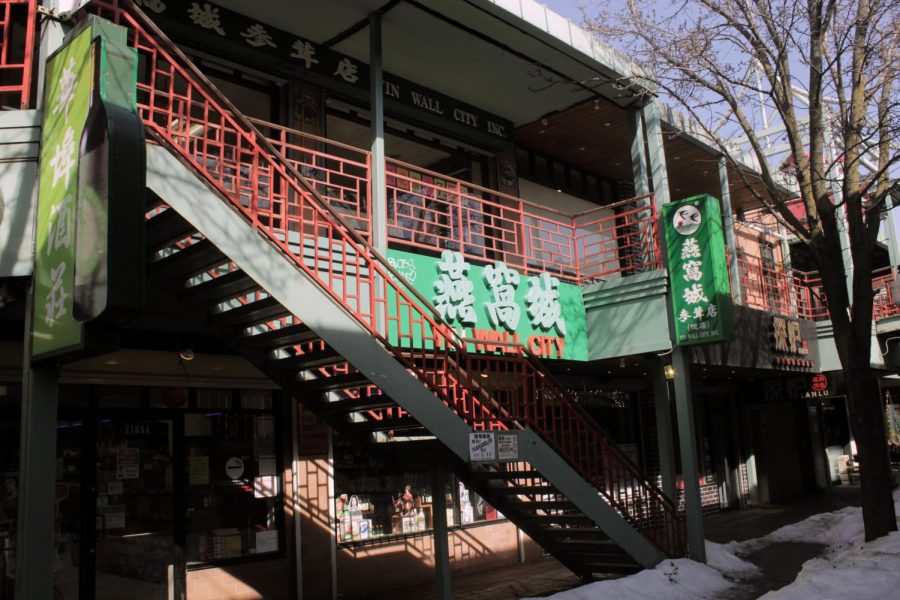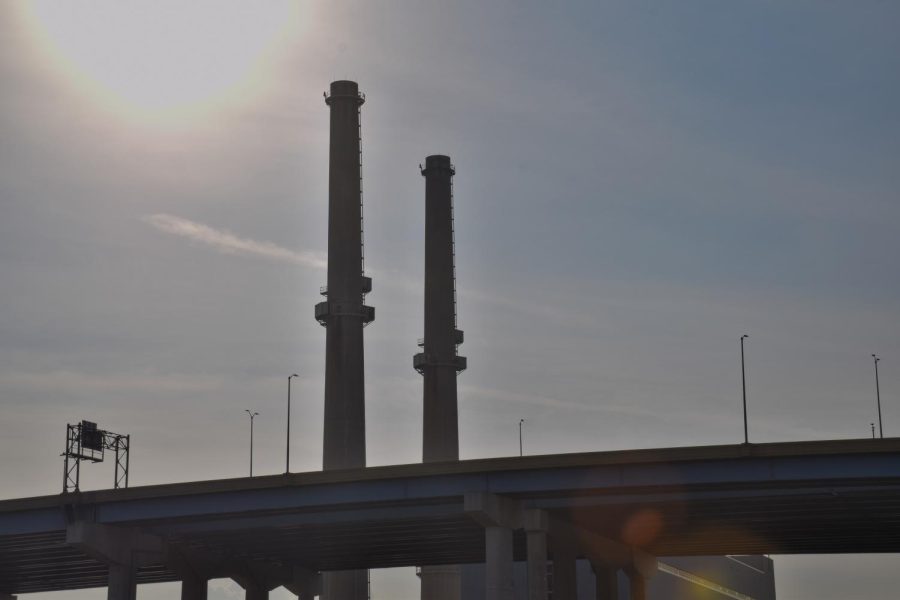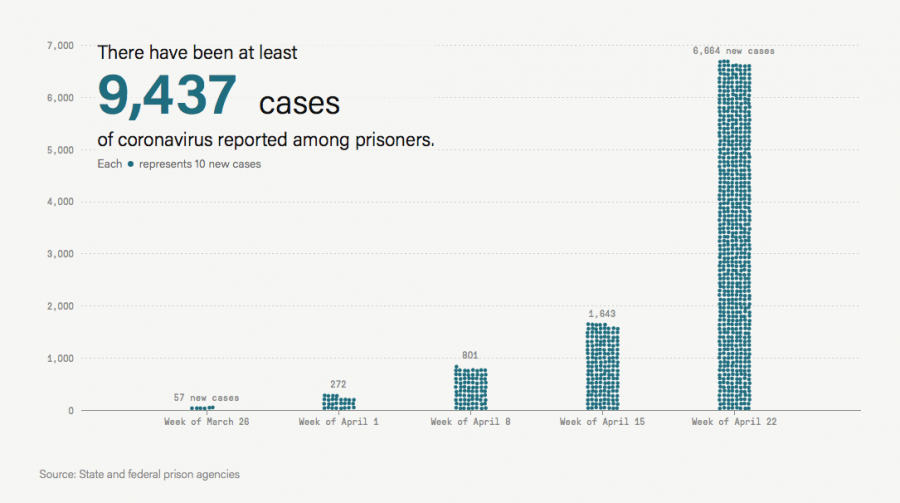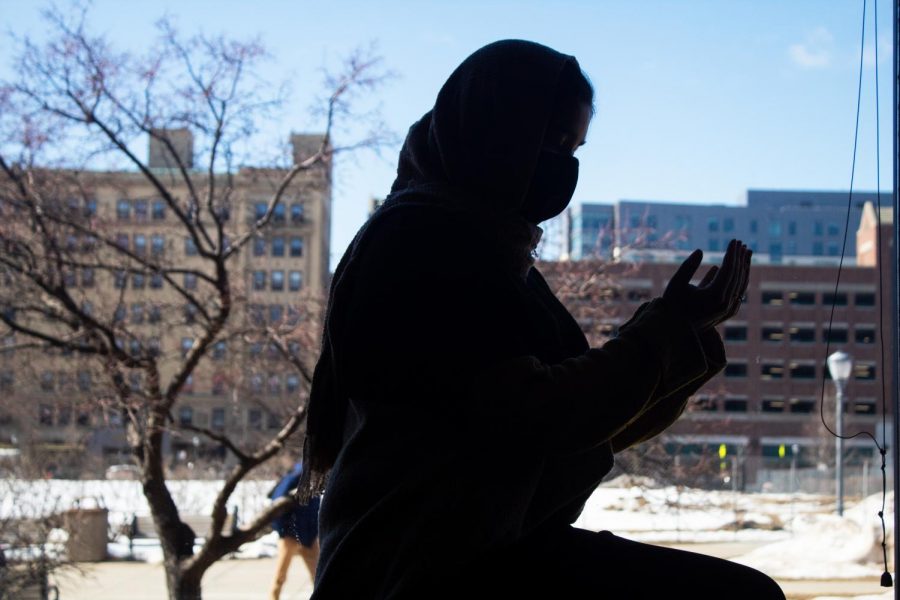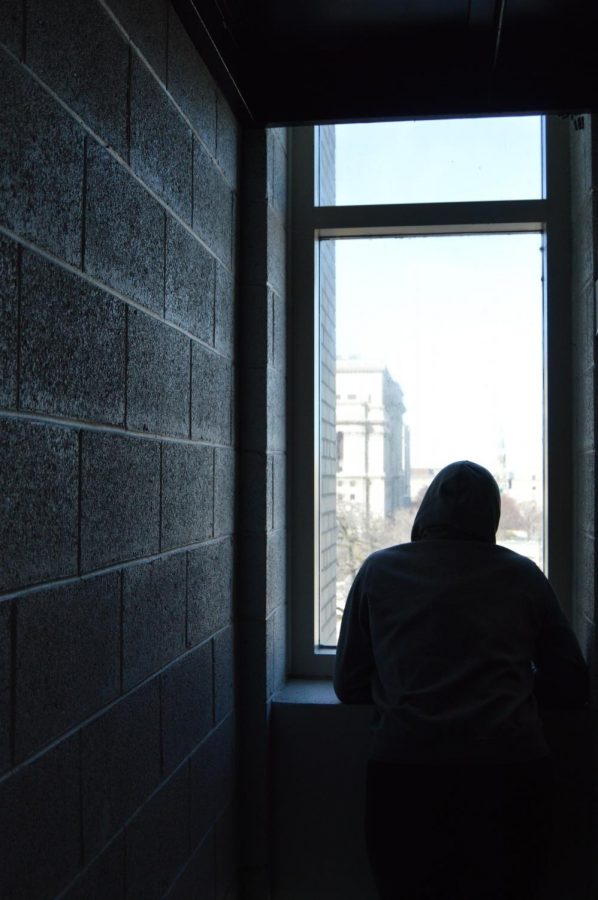The COVID-19 pandemic has had a detrimental impact on nearly all communities worldwide, as lives have been lost and economies destroyed. However, it is clear that the pandemic has noticeably affected low-income, marginalized communities internationally at a higher rate than any other.
The spread of COVID-19, as well as protection against the spread, have varied drastically based on an individual’s or country’s wealth, ethnicity and race.
Two things are consistent. The first being that lower-income communities have faced greater disparities, both economically and in the health care system, in comparison to wealthier communities. The second being that Black communities, Asian communities and many other marginalized groups have faced immense prejudice and inequitable health care.
When looking at international countries and the distribution of the COVID-19 vaccine, it is clear that lower-income countries, such as India and South Africa, are significantly less likely to receive a similar proportion of vaccines than wealthier countries such as the United States, Canada and Norway.
Typically, lower-income countries are less able to purchase the expensive drugs needed to combat COVID-19. Meanwhile, wealthier countries are claiming that they deserve a large amount of the COVID-19 vaccine, resulting in a continuation of their elitism.
For example, in early March, roughly 50% of the world’s 79 lowest-income countries had not administered a single COVID-19 vaccination. By June, only 3% of these countries will have been vaccinated. Moreover, by the end of 2021, only 20% of these countries’ populations will be vaccinated. Meanwhile, American adults have been promised full vaccination by the end of May.
By turning a blind eye to lower income countries, these wealthier nations are only further contributing to the health disparities and inequities that have been highlighted in the COVID-19 pandemic. Having financial prosperity should not be the deciding factor in the fight against this pandemic.
There is no reason that COVID-19 should become “a disease of the poor.” More specifically, supplies and efforts to mitigate COVID-19 should not be concentrated in wealthier parts of the world, especially while poorer regions of the globe are still struggling to contain the coronavirus.
Instead of basing distribution off of purchasing power, it is essential to look at which countries have not yet administered a single vaccination. By providing vaccines to these lower-income countries at an affordable, fair cost, the international community would benefit and ultimately slow the spread of COVID-19.
Pre-existing racial prejudices, inequities and disparities have also persisted and even strengthened amid the COVID-19 pandemic.
The Asian community in the United States, specifically, has endured significant and exponential anti-Asian xenophobia, which was normalized by former President Donald Trump using derogatory terms such as the “Chinese virus” and “kung flu” when referring to the coronavirus. This type of language normalizes and welcomes racist behavior that the U.S. and international community must not tolerate. There is no place for racism.
In addition, communities of color have been left behind historically as biomedical advances surge on internationally. Low testing rates in countries with a majority of non-white citizens, such as Haiti, Yemen and the Central African Republic, have struggled to understand the pandemic, as accessible diagnostics are not available.
In an effort to combat these disparities, many lower-income countries have pushed for a waiver that lifts patent restrictions on medicines and vaccines to fight the pandemic until it is over. Wealthier nations, such as the U.S. and Norway, have blocked this request.
In order for lower-income countries to fight this pandemic, the waiver on patent restrictions must be approved by wealthier nations. COVID-19, as mentioned, has already taken a toll on lower-income communities. This can be aided and combatted through a waiver of patents for vaccines and medicines.
This is an international pandemic, one that should be confronted by a unified front of international countries. Until this is understood, the pandemic will continue to surge on.
This story was written by Max Pickart. He can be reached at max.pickart@marquette.edu

